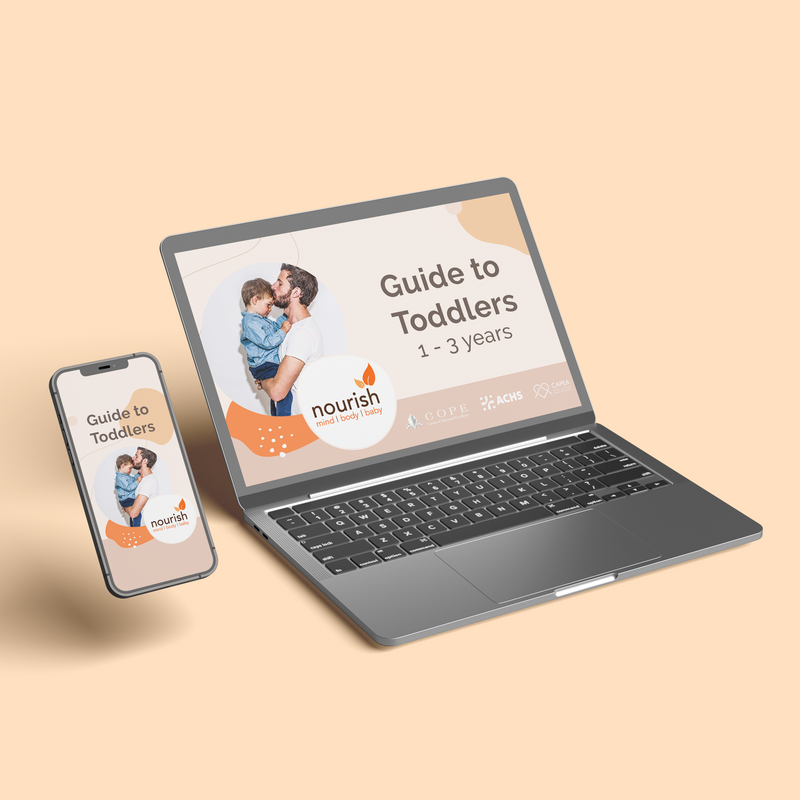Frequently Asked Questions
You can get your baby to settle by learning about their natural circadian rhythm and recognising their tired signs. When your baby is tired, take them to their bedroom, darken the room, wrap them and cuddle them until they settle. Set them in their cot or bassinette as they settle, and leave the room if they grizzle or become quiet.
If your baby starts to cry or stir as you settle them into their bed, try gentle stroking until they are quiet.
Newborn babies can't be put on a sleep schedule until they reach 3-4 months old. Before then, you should settle your baby and put them to sleep when they show signs of tiredness. It’s normal for newborns to sleep for 12 to 16 hours per day in short bursts of 20-50 minutes.
When your baby reaches 4-6 months, you can improve their sleep by teaching them that there is a difference between night and daytime. During the day, open the curtains, make a normal amount of noise and keep your baby engaged. At night time, keep the lights low, talk to them in a quiet voice and avoid stimulating them with play.
If you’re unsure how to settle your baby and when to put them to bed, consider following a baby sleep guide. Keep in mind that all babies are different and you will need to adapt your routine to suit their normal sleep schedule.
You can help avoid reflux for your baby by keeping them upright for 10 minutes after feeding. Consider feeding your baby with a thickened formula to help reduce reflux. There are no medications that help with infant reflux. If your baby vomits or brings up milk but is otherwise happy and gaining weight, there’s no need to worry.
Infant reflux is common in babies. Their oesophageal muscles are still developing, so milk and other foods come back up easily. In most cases, this doesn’t cause any pain, although your baby may cry or become unsettled. Infant reflux naturally improves as your baby grows and they start to eat solid foods.
You should start tummy time soon after giving birth. Tummy time can begin with just 1-2 minutes a few times per day, gradually increasing to 10-15 minutes as your baby grows stronger.
Tummy time is important for your baby’s growth. It helps strengthen their muscles and teaches them how to lift their head, crawl and prevents flat spots from forming on their head. If your baby doesn’t like tummy time, try having them lie on your chest while you play with their arms and legs.



















